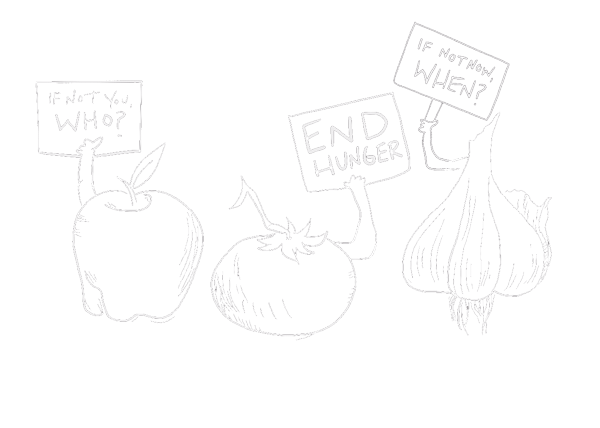The Connection Between Food Insecurity and Poor Health
By Lucy Loughridge, Student, Francis Parker Upper School
Three hundred and twenty-seven million people live in the United States. Thirty-seven million of those struggle with hunger, and that was before the coronavirus global pandemic. A lack of nutrition has proven itself time again to be detrimental in regards to one’s health, and with over 10% of American citizens suffering from food insecurity, their mental, physical, and emotional well-being is put at risk.
“When patients are food insecure a lot of people think they should be thin, but these patients are obese,” says Dr. David Malinak, Physician at University of California San Diego. “The reality is, healthy food is expensive.”
Malinak recognized the long-term effects malnutrition had on certain medical patients, and took it upon himself to found the Food Prescription Program as an extension of the UCSD Student-Run Free Clinic Project. The program aims to improve patients’ blood sugar and eliminate any preventable health issues by providing two bags of fresh produce and other commodities to each patient at their monthly medical visit, all of which are supplied by Feeding San Diego.
“The main intention behind this project was to help patients with diabetes,” Malinak says. “They would tell us that they would have a bag of chips for lunch, and then not have anything, and then eat a lot of unhealthy and cheap food for dinner. These processed foods are full of saturated fat and sodium, which can lead to high cholesterol and heart disease.”
For families struggling to put food on the table, unhealthy options are far more financially accommodating. Consequently, the lack of nutrition that coincides can elicit several other health issues of varying severity, the most common being diabetes. Numbness, fatigue, and irritability are customary side effects that even children are forced to combat at a young age. With the help of Feeding San Diego, the Food Prescription Program plans to reduce the number of cases by offering free, nutritious alternatives.
“I remember a woman was finishing up with her medical needs, and her two kids came up to hug me,” says Malinak. “They started dancing and jumping up and down when I handed them the food bags, just saying thank you.”
Unfortunately, one out of every six kids in San Diego are still food insecure. At school, these children are put at an inherent disadvantage regarding their academic, athletic, and even social performance. Without proper nutrition, it can be very difficult for younger individuals to focus and thrive in a taxing environment, prohibiting them from fulfilling their absolute potential. Ranging anywhere from depression, anxiety, or attention deficit disorder, malnutrition has undoubtedly established itself in the form of developmental debilitations in thousands of children and young adults across the country.
“I think there’s a feeling of hopelessness that comes along with food insecurity,” says Malinak. “But the depression people feel has improved significantly as we provide these boxes of food.”
Getting the right nutrition is an essential element to success whether it be in the classroom, workplace, or home. Through initiatives such as the Food Prescription Program, Feeding San Diego has helped to minimize those struggling with food insecurity and nourish hundreds across San Diego County to ensure these individuals are healthy, happy, and on a path to prosperity.








